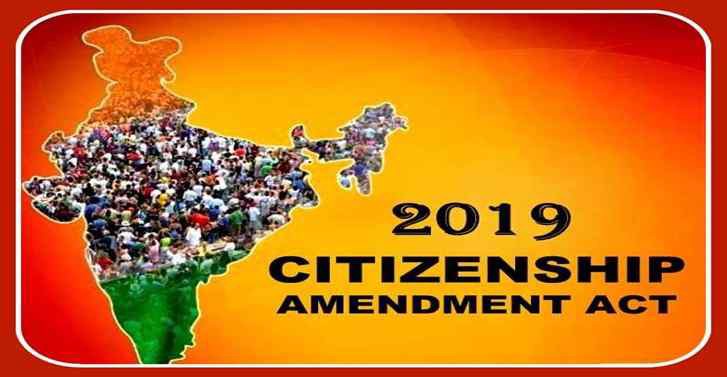
Citizenship provides identity to the people but what if you were not granted citizenship. You will be either deported to foreign countries or detention centers. If the foreign countries refuse to accept them then the situation gets even worse.
Before making this article tedious, let’s move to the Citizenship Act, 1955 which used to deal with the provisions of getting Indian Citizenship and losing the same.
Under Article 11 of Constitution of India, Indian Parliament has the power to amend the act. So, they amended the aforementioned act in 2019.
The main goal was to provide citizenship to suppressed people of foreign nations, who were deported from other nations and are living in India.
Major Change in the act
There were two major changes in the act namely regarding the definition of illegal migrants and changes in the process of acquiring.
- Illegal Migrants
Prior to Citizenship (Amendment)Act, 2019, Illegal Migrants are those who are living in this country without proper documentation or they have the document but they are living beyond permitted time.
After Citizenship (Amendment)Act, 2019, people belonging to Hindu, Sikh, Buddhist, Jain, Parsi, and Christian communities from these three countries – Afghanistan, Bangladesh or Pakistan, came to Indian on or before 31st day of December 2014 shall not be treated as Illegal Migrants.
2. Changes in process of acquiring Indian Citizenship
Prior to Citizenship (Amendment)Act, 2019, everyone needs to live 11 years in India for getting citizenship.
But after Citizenship (Amendment)Act, 2019, people belonging to six aforementioned communities in respective of those three countries shall get citizenship by living in India for 5 years.
Issues
- People were protesting Citizenship (Amendment)Act, 2019 because it was based on religious prosecutions. People argued that Parliament should take other factors into consideration. Being in a secular country, we respect each religion equally but this decision was taken by people as a biased decision based upon religion.
- A common question was raised by most of the people. Why only six communities i.e Hindu, Sikh, Jain, Parsi, Buddhist and Christian. There were other religious communities being suppressed in other foreign countries then why were not added on the list?
- The similar question was why only 3 countries and not others were added? Muslims were not added to the list because most of the neighbouring countries were Islamic States but why Tamil Hindus from Sri Lanka were not added in the list?
